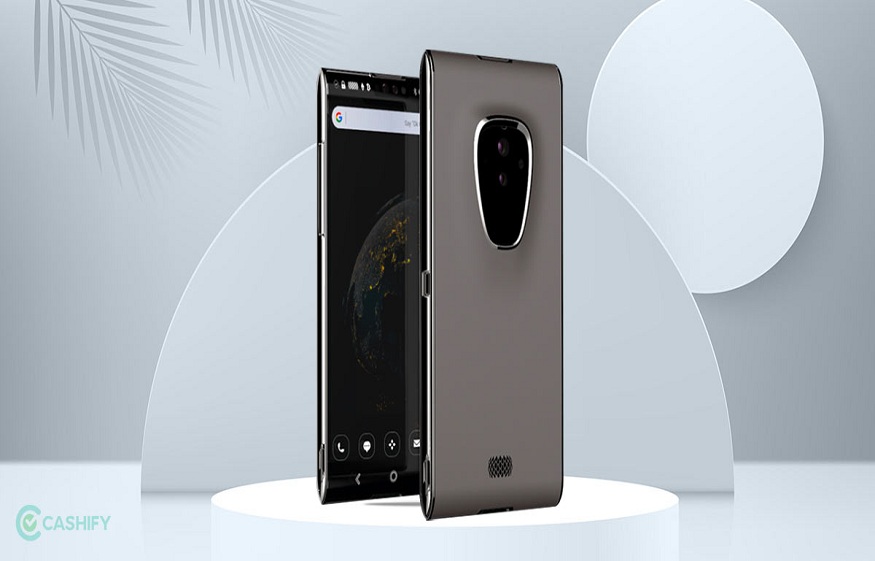Mobile phones have become professional tools in their own right. However, their security is too often neglected, even though this tool is an open door to our companies’ information systems!
Why is it necessary to secure your mobile phone?
Smartphone security is essential today for the protection of personal and professional information. An unsecured phone is an easy target for cybercriminals looking to steal sensitive information , especially from companies in the context of professional mobile telephony . And as we all know, cyberattacks can cause significant economic and social damage! This is why IT security, including smartphone security , is a shared responsibility !
The mobile phone: a new gateway to company data
The mobile phone has become an indispensable tool in the business world. It offers the ability to work remotely , access information in real time , and stay connected with colleagues and customers. However, this convenience has also opened a new door to access company data , highlighting the importance of network security and application security . Cybercriminals can exploit vulnerabilities in mobile phones to access sensitive company information . Therefore, companies must implement adequate security measures to protect their confidential data .
Top Threats to Cell Phone Security
There are several types of threats to mobile phone security . One of the most common is malware, also known as malware , which can be installed on a phone without the user’s consent . Malware can steal information , cause damage to the phone, or use the phone to commit cybercrimes .
Another common threat is smishing ( SMS phishing ), which involves tricking the user into revealing sensitive information , such as passwords or credit card numbers . Cybercriminals send fraudulent SMS messages that appear to come from legitimate sources to trick the user.
Another common threat is the network threat. Connecting to unsecured Wi-Fi networks in public places can expose users to risks . Hackers can intercept communications on these networks and gain access to users’ personal data .
Additionally, phones can also be lost or stolen , which can allow malicious people to access sensitive information . Therefore, it is important to lock your phone with a password or PIN and put measures in place to locate or wipe the phone’s data in case it is lost or stolen.
4 key solutions to strengthen mobile security
1. Use of antivirus and firewalls
Using an antivirus and firewall is another solution to boost your mobile security . An antivirus scans your phone for malware and removes it . It can also protect you from phishing attempts and malicious websites . A firewall , on the other hand, controls the traffic coming and going from your phone . It blocks unauthorized connections and prevents malicious apps from accessing the Internet .
It is important to note that the effectiveness of an antivirus and firewall depends on their regular updating . New threats appear constantly , and these tools must be updated to recognize and block them . Finally, it is recommended to use these tools in addition to the other security measures mentioned below, and not as standalone solutions .
2. The importance of VPNs for security
Protecting personal information online is a major concern in the world of cybersecurity. Using a Virtual Private Network (VPN) is an essential security measure for anyone concerned about internet security. VPNs provide encryption of data transmitted over the internet , preventing cybercriminals from accessing sensitive information such as passwords and credit card details .
VPNs are especially useful when using public Wi-Fi networks , which are often unsecured and can be exploited by malicious actors to intercept transmitted data . Additionally, they can help bypass geo-restrictions on online content, which can be useful for professionals who travel frequently . It’s important to choose a trusted VPN provider that adheres to a strict no-logging policy .
3. Mobile Device Management (MDM) solutions
Mobile device management (MDM) solutions are tools that allow businesses to manage and secure mobile devices used by their employees . These solutions can help prevent data breaches by allowing administrators to control access to sensitive information and implement strict security policies .
MDM solutions can also help protect devices from malware and other online threats by allowing administrators to implement security updates and monitor the security status of each device . Additionally, they can make it easier to manage lost or stolen devices by allowing administrators to locate devices , remotely lock them , or even wipe all data if needed.
4. Using multi-factor authentication
Multi-factor authentication (MFA) is a security method that requires users to provide two or more forms of identity proof to access an account or system . This method can greatly increase security by making it much more difficult for a malicious actor to gain access to an account, even if they manage to obtain the password.
Multi-factor authentication can involve using a password , a code sent to a mobile device , a fingerprint , an iris scan , or another form of proof of identity . It is particularly useful for protecting accounts that contain sensitive information, such as bank accounts or email accounts . Using multi-factor authentication is a security practice recommended by many computer security experts .
Data encryption , or data encryption , is a critical component of cybersecurity and mobile protection . It is a computer security technique that transforms readable information into an undecipherable format without the proper decryption key . This technology is crucial for protecting personal information on your phone, including financial data and private communications .

